Frost Boil: Interesting articles on Frost Boils everywhere in Montreal, Laval, Longueuil, South Shore and North Shore
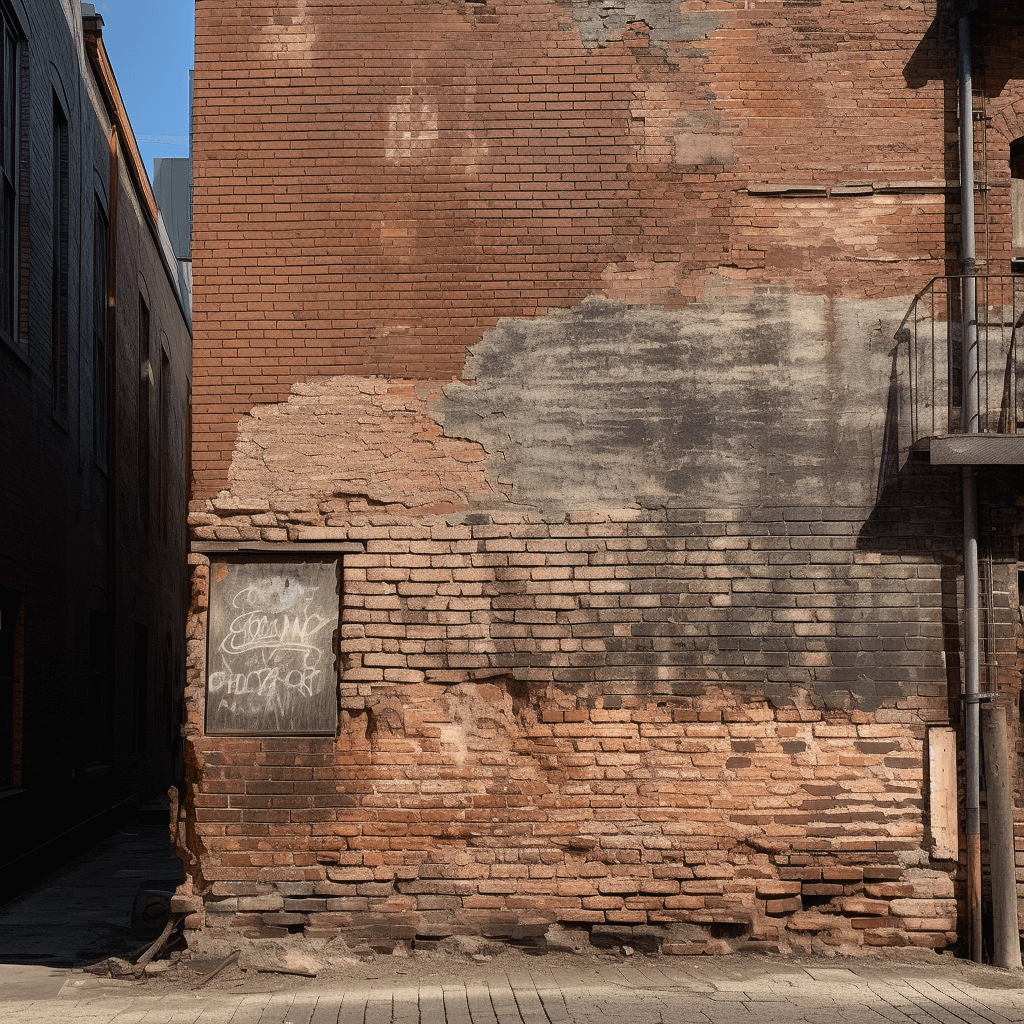
Can Frost Boils in Masonry Lead to Structural Issues?
This comprehensive guide explores the impact of frost boils on masonry walls, offering expert advice for prevention and repair to protect your masonry structures and ensure their longevity.
Read More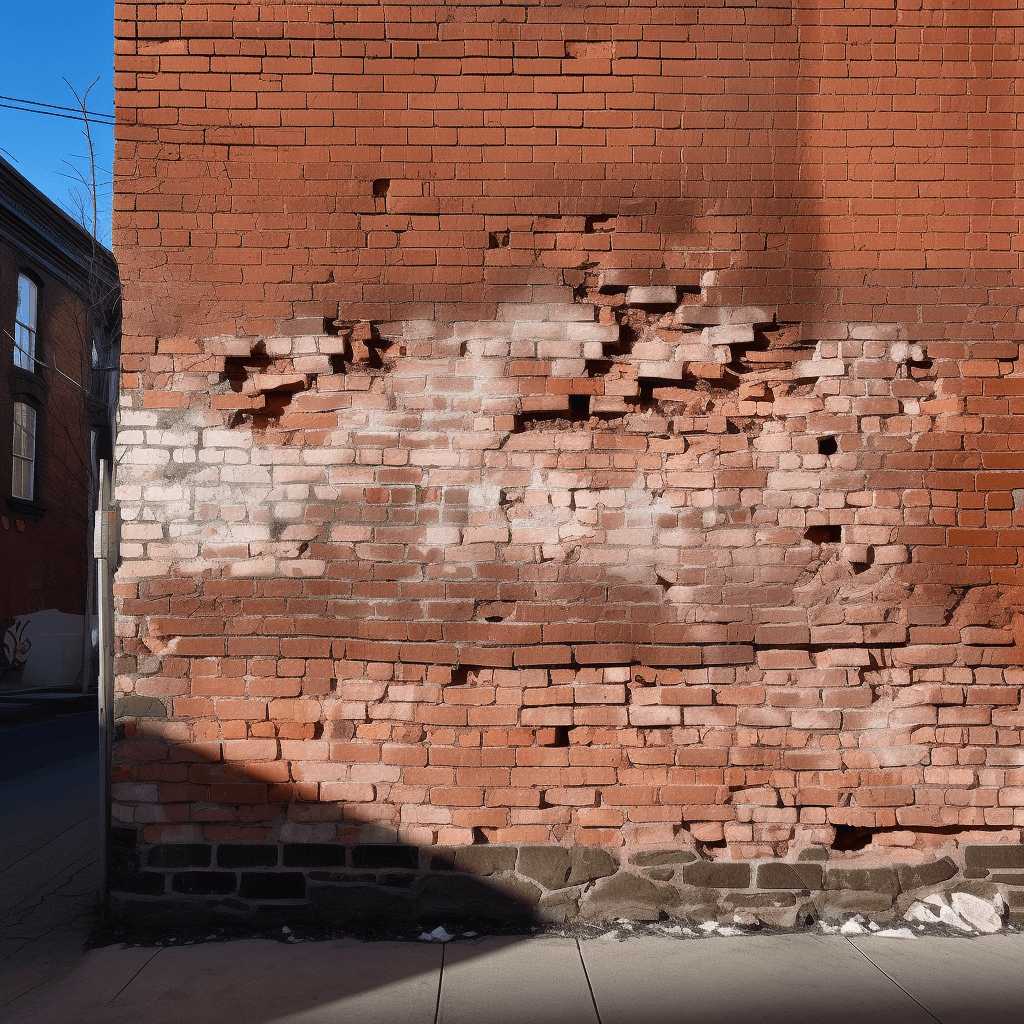
What causes frost boils in brick and stone walls?
This comprehensive guide explores the causes of frost boils in brick and stone walls, offering expert advice for prevention and repair to protect your masonry structures and ensure their longevity.
Read More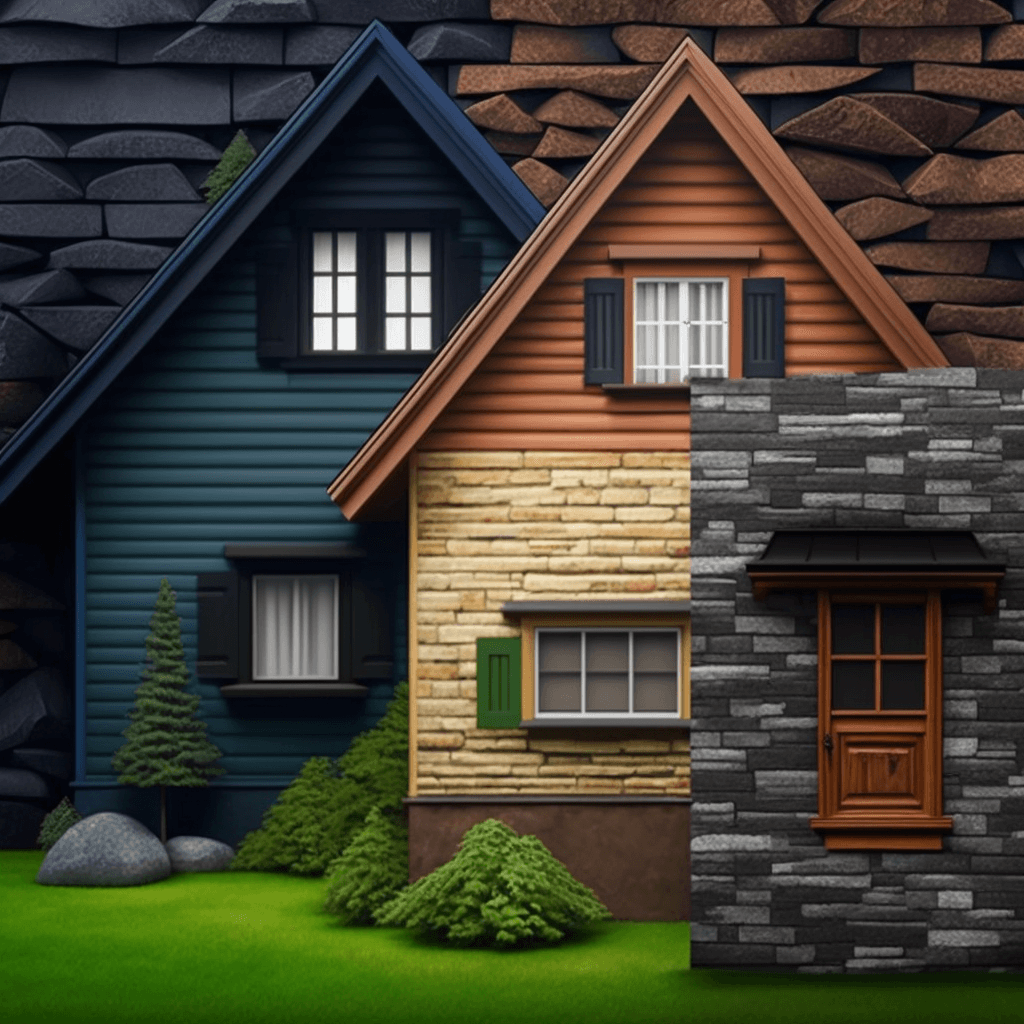
Can different types of siding materials impact the likelihood of frost boils in masonry?
While the susceptibility of frost boils in masonry can be influenced by the type of siding material used, proper installation, maintenance, and preventive measures can significantly reduce the risk and...
Read More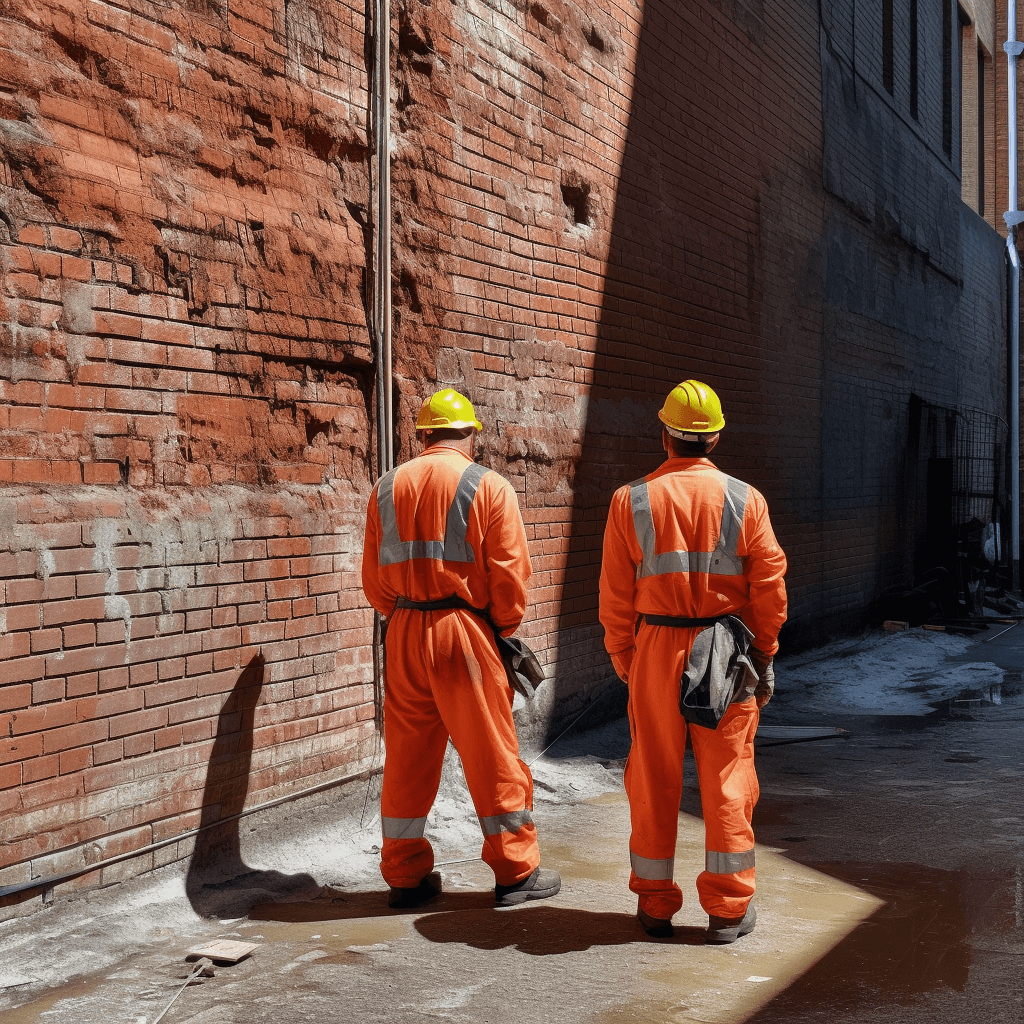
How do I repair a masonry wall with frost boils?
Repairing frost boils in masonry walls requires careful assessment, removal of damaged materials, and rebuilding with quality materials, followed by sealing and regular maintenance to prevent future damage.
Read More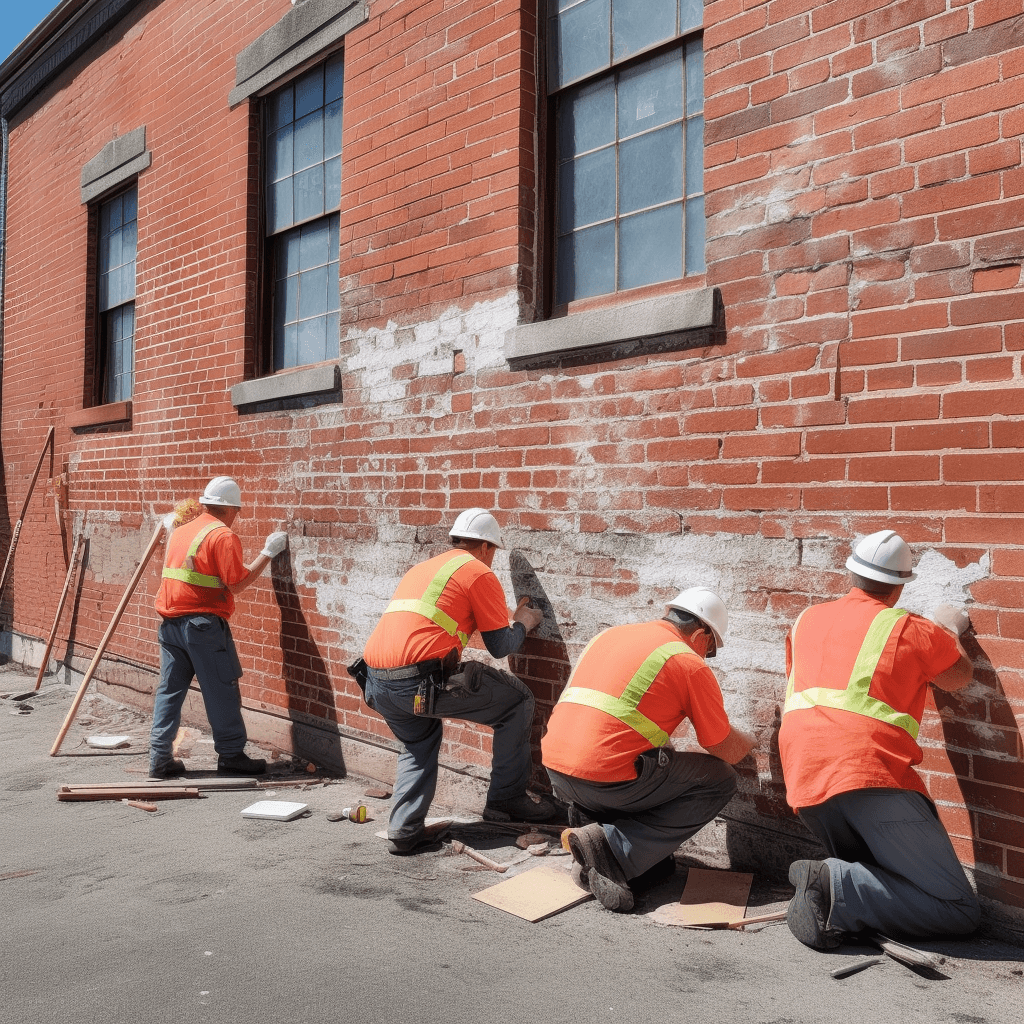
How can I identify frost boils in my masonry walls?
This comprehensive guide explores the identification, causes, prevention, and repair of frost boils in masonry walls, offering expert advice to protect your structures and ensure their longevity.
Read More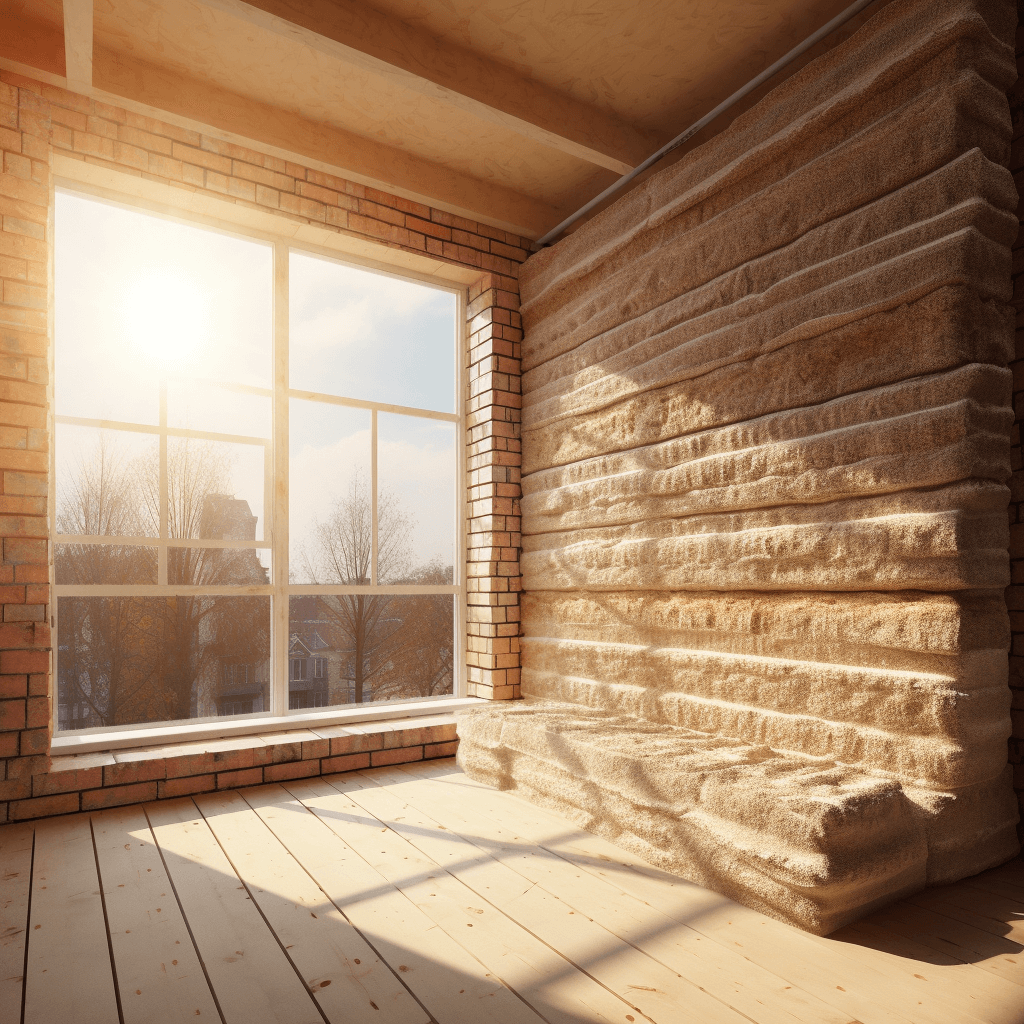
How does insulation affect the formation of frost boils in masonry walls?
Proper insulation is essential in preventing frost boils in masonry walls, as it helps maintain consistent temperatures, controls moisture infiltration, and enhances vapor barrier performance.
Read More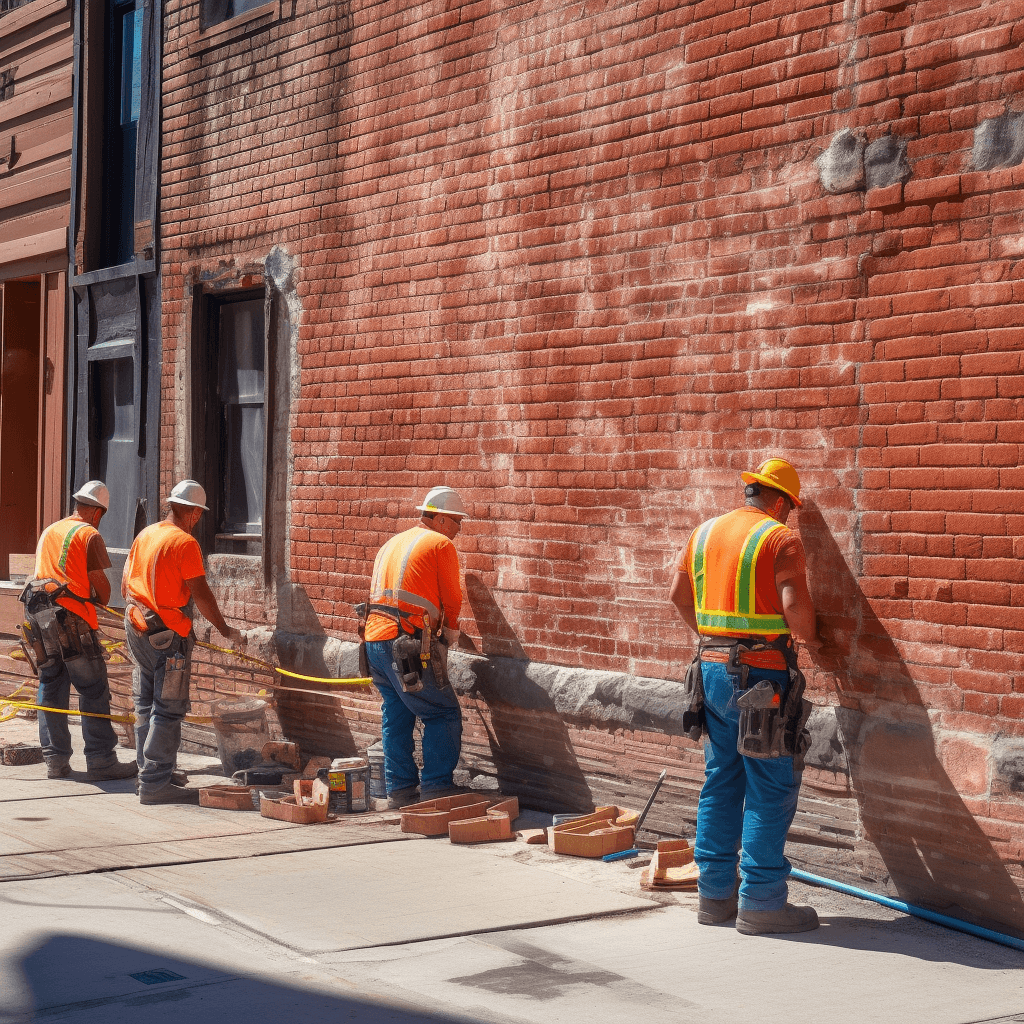
Are there any preventive measures to avoid frost boils in masonry?
Keep your masonry walls free of frost boils by adopting preventive measures and seeking expert assistance from Maçonnerie Montréal.
Read More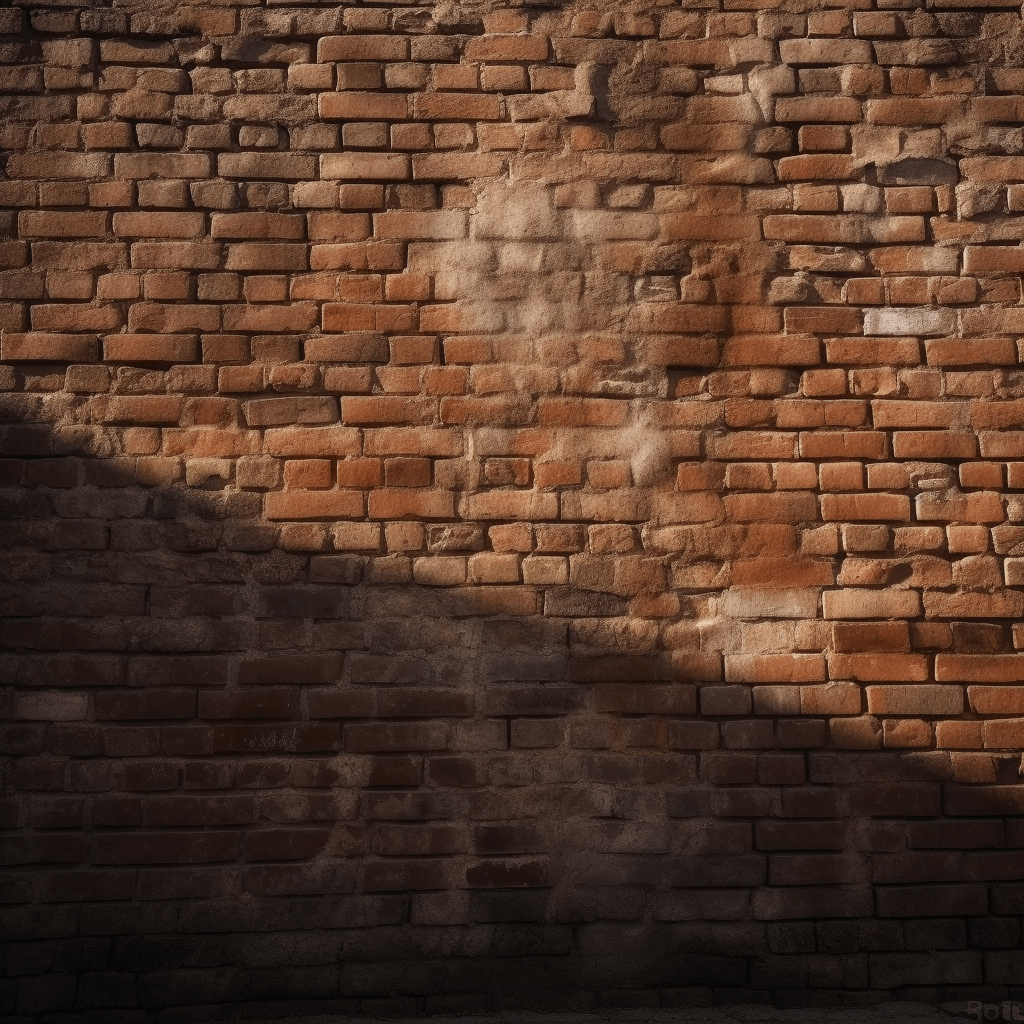
How does moisture infiltration contribute to frost boils in masonry walls?
Understanding the Impact of Moisture Infiltration on Frost Boils in Masonry Construction
Read More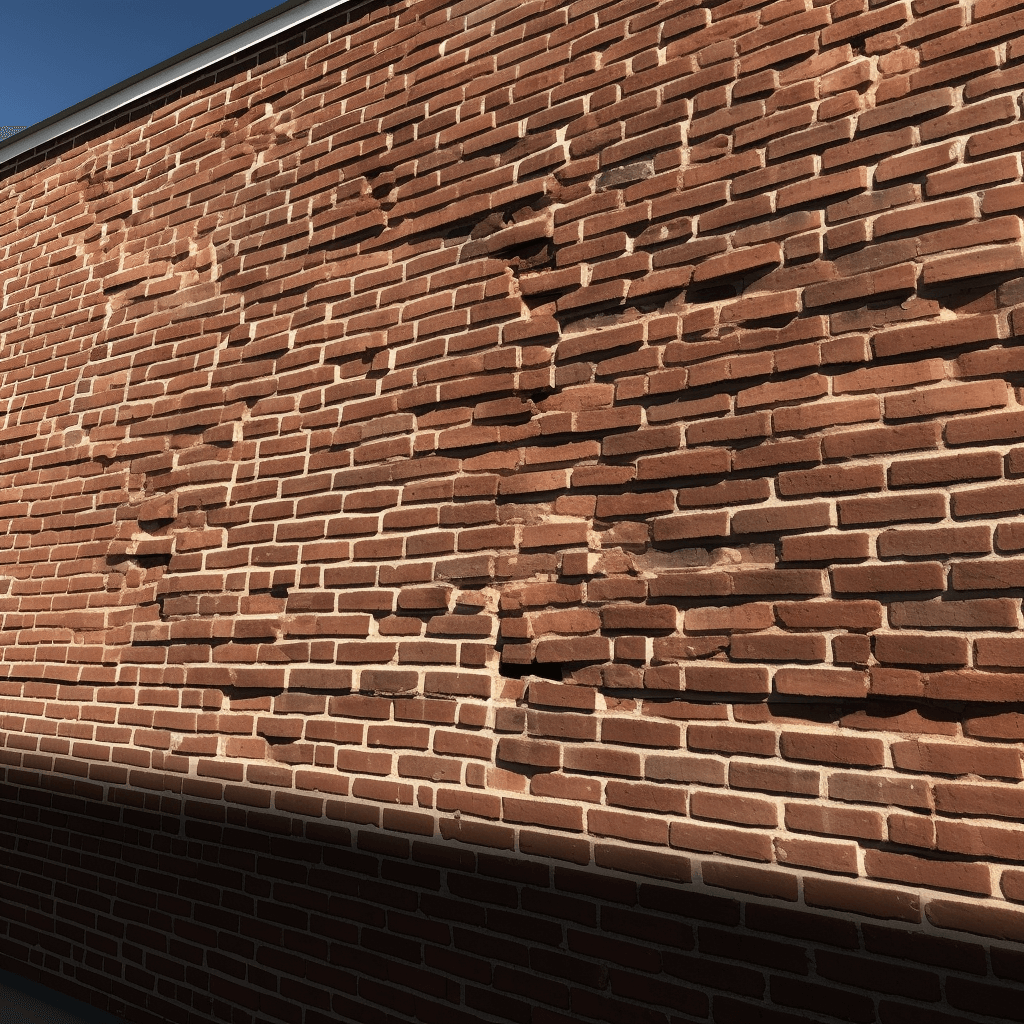
What are frost boils in masonry and how do they form?
In this comprehensive guide, we've explored the causes, identification, prevention, and repair of frost boils in masonry, offering expert advice to protect your structures and ensure their longevity.
Read MoreEverything to know about Frost Boils everywhere in Montreal, Laval, Longueuil, South Shore and North Shore!
-
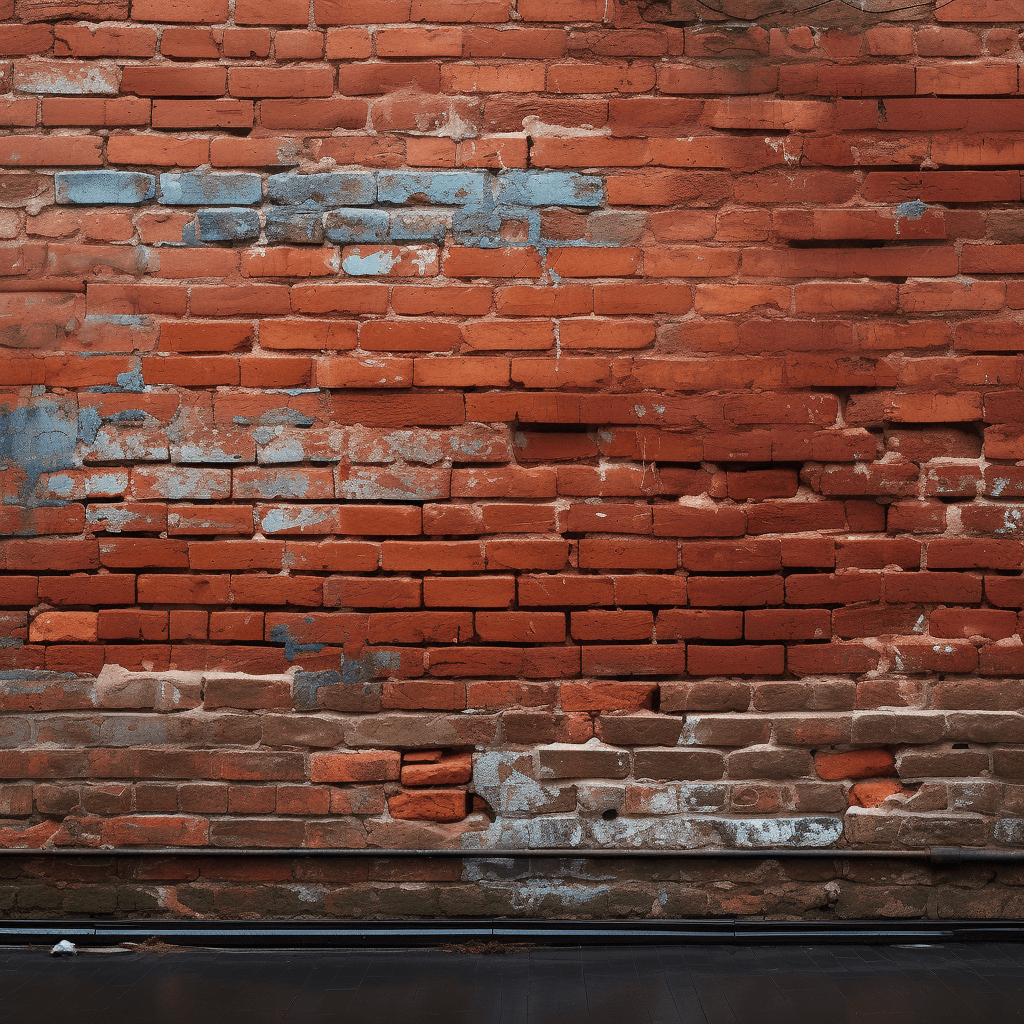
-
In the construction world, particularly in the Greater Montreal Area, including Montreal, Laval, Longueuil, South Shore, and North Shore, one common yet often underestimated issue is the occurrence of frost boils in masonry structures. These frost boils, while seemingly innocuous, can lead to significant structural problems if not addressed promptly and adequately.
Understanding Frost Boils
The Science Behind Frost Boils
Frost boils are a phenomenon that occurs when water infiltrates the pores and cracks of brick walls, freezes, and then expands. This expansion causes the brick to bulge outward, creating a blister-like appearance on the surface. The science behind this process involves the expansion of water as it freezes. Water expands by approximately 9% when it turns into ice. This expansion exerts pressure on the surrounding materials, in this case, the brick, causing it to deform and bulge outward.
Conditions Leading to Frost Boils
The formation of frost boils is influenced by several factors:
- Temperature Fluctuations: Regions like Montreal, Laval, Longueuil, South Shore, and North Shore experience significant temperature fluctuations throughout the year, with freezing and thawing cycles. These conditions are ideal for the formation of frost boils as water can infiltrate the brick, freeze, and then expand.
- Moisture: The presence of moisture is a crucial factor in the formation of frost boils. Water can infiltrate the brick through cracks, pores, or damaged areas, and then freeze and expand, causing the brick to bulge.
- Poor Drainage: Inadequate drainage can lead to water accumulation on the surface of the brick, increasing the risk of water infiltration and, consequently, the formation of frost boils.
- Foundation Issues: Problems with the foundation of a building can lead to cracks and gaps in the masonry, allowing water to infiltrate and cause frost boils.
-
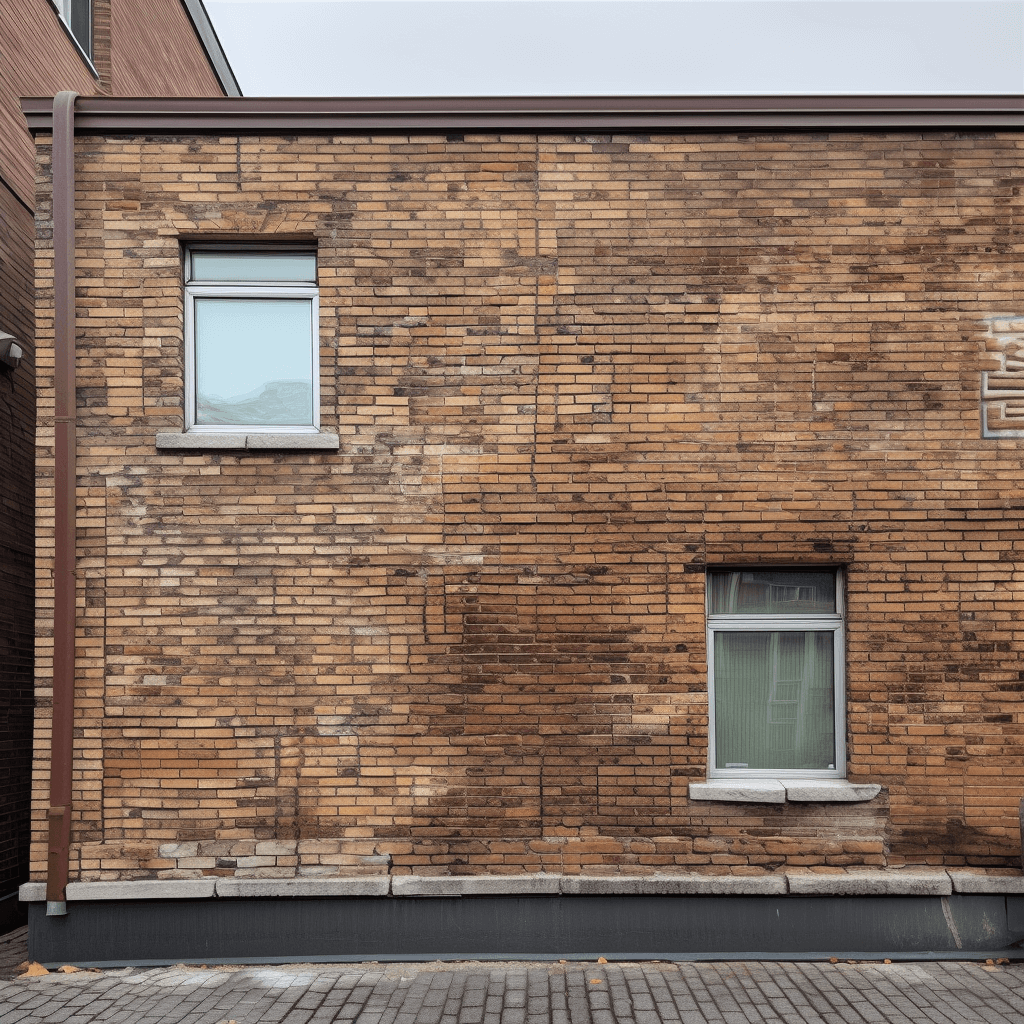
-
Impact of Frost Boils on Masonry Structures
Frost boils can have several adverse effects on masonry structures:
- Structural Damage: The expansion of water as it freezes can cause cracks and deformations in the brick, compromising the structural integrity of the building.
- Aesthetic Deterioration: The appearance of bulges and blisters on the surface of the brick can be unsightly, diminishing the aesthetic appeal of the building.
- Increased Repair Costs: If left unaddressed, frost boils can lead to more extensive damage, requiring costly repairs.
- Potential for Water Damage: The cracks and deformations caused by frost boils can allow water to infiltrate the masonry, leading to potential water damage inside the building.
Identifying Frost Boils in Masonry
Common Signs of Frost Boils
Identifying frost boils in masonry structures is crucial for addressing the issue promptly and preventing further damage. Common signs of frost boils include:
- Bulging or Blistering: The most obvious sign of a frost boil is a bulge or blister on the surface of the brick. This bulge is caused by the expansion of water as it freezes inside the brick.
- Cracking: Cracks in the masonry can be a sign of frost boils. These cracks are caused by the pressure exerted by the expanding ice inside the brick.
- Discoloration: Discoloration of the brick can indicate the presence of moisture, which is a precursor to the formation of frost boils.
- Dampness: Damp or wet areas on the surface of the brick can indicate water infiltration, which can lead to the formation of frost boils.
-
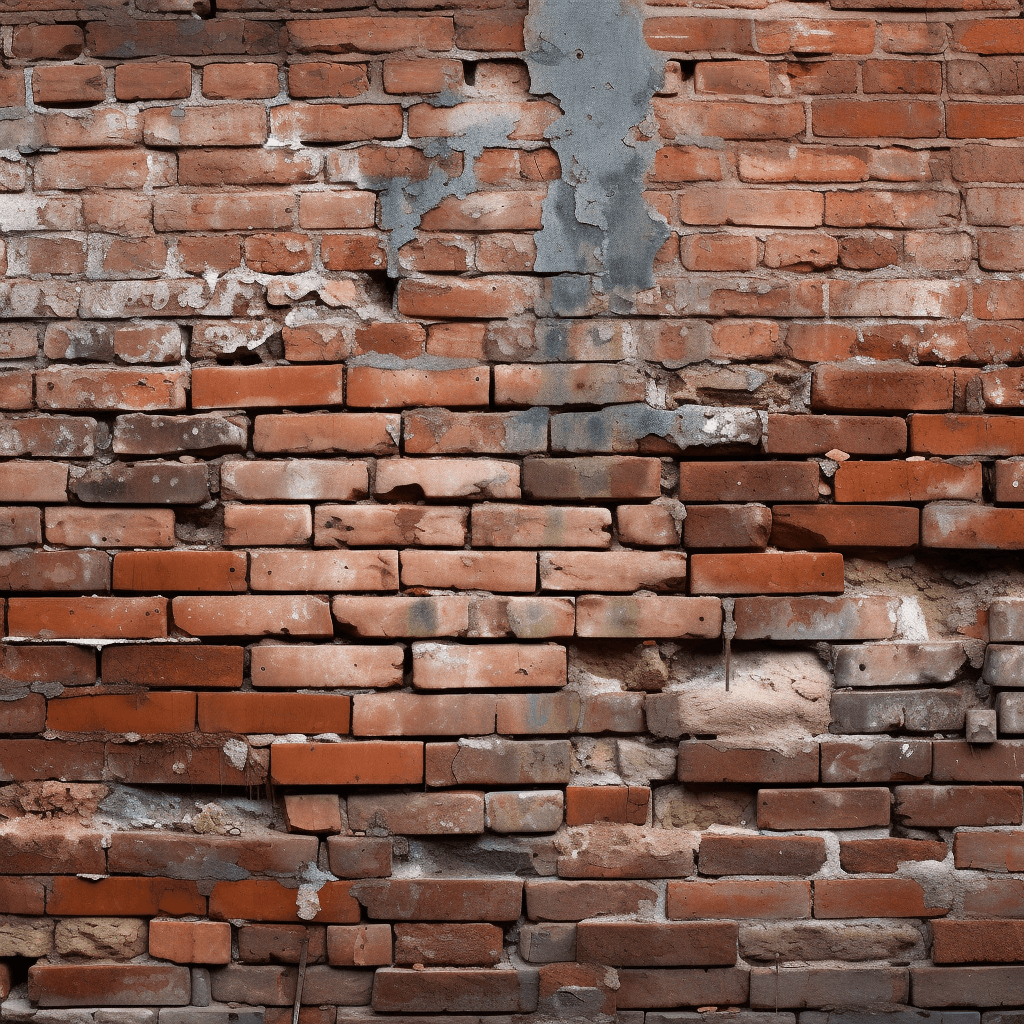
-
Potential Risks of Unaddressed Frost Boils
Failing to address frost boils promptly can lead to several potential risks:
- Structural Instability: As the brick bulges and cracks, the structural integrity of the building is compromised, potentially leading to instability and, in extreme cases, collapse.
- Water Damage: The cracks and deformations caused by frost boils can allow water to infiltrate the masonry, leading to potential water damage inside the building.
- Increased Repair Costs: The longer the issue is left unaddressed, the more extensive the damage is likely to be, leading to higher repair costs in the long run.
- Diminished Property Value: The aesthetic and structural deterioration caused by frost boils can lead to a significant reduction in the property value.
Preventing Frost Boils
Tips for Prevention
Preventing frost boils in masonry structures is crucial for maintaining their integrity and aesthetic appeal. Here are some tips to help prevent the formation of frost boils:
- Proper Drainage: Ensure that there is adequate drainage around the building to prevent water accumulation on the surface of the brick.
- Regular Maintenance: Regularly inspect the masonry for cracks, gaps, or damaged areas that could allow water to infiltrate.
- Use of Quality Materials: Use high-quality materials that are resistant to water infiltration and freezing temperatures.
- Proper Installation: Ensure that the masonry is properly installed with adequate mortar joints and no gaps or cracks.
- Sealants: Apply water-repellent sealants to the surface of the brick to prevent water infiltration.
-
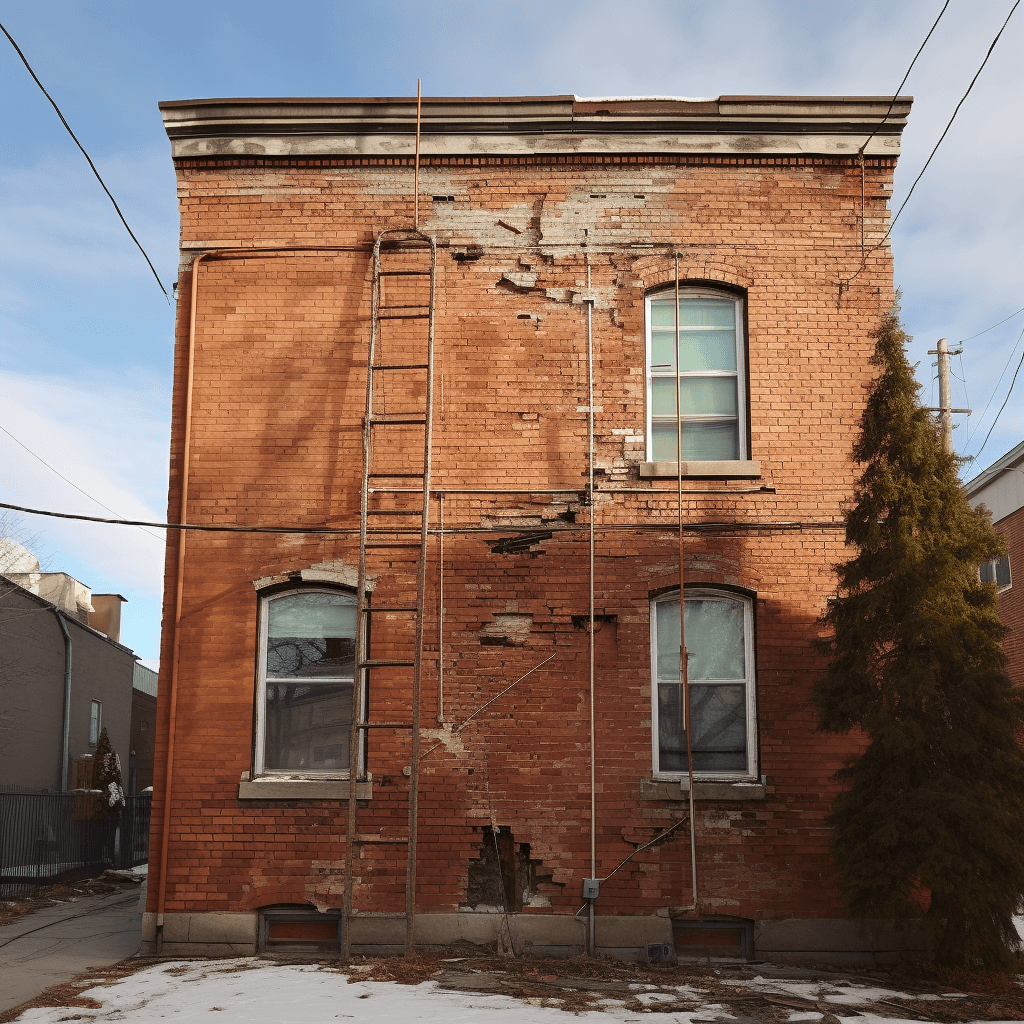
-
Importance of Regular Maintenance and Inspection
Regular maintenance and inspection of masonry structures are essential for preventing the formation of frost boils. By identifying and addressing potential issues early on, it is possible to prevent water infiltration and the subsequent formation of frost boils. Regular maintenance should include checking for cracks, gaps, or damaged areas in the masonry, ensuring proper drainage around the building, and applying water-repellent sealants as needed.
Benefits of Hiring Professional Masonry Services
Hiring professional masonry services like Maçonnerie Montréal for preventive measures offers several benefits:
- Expertise: Professionals have the knowledge and expertise to identify potential issues and address them promptly and effectively.
- Quality Work: Professional masonry services ensure that the work is done to the highest standards, using quality materials and proper installation techniques.
- Peace of Mind: Hiring a professional masonry service provides peace of mind knowing that the masonry is being maintained to the highest standards, reducing the risk of frost boils and other potential issues.
Repairing Frost Boils
Process of Repairing Frost Boils
Repairing frost boils in masonry involves several steps:
- Assessment: The first step is to assess the extent of the damage. This may involve removing damaged bricks to inspect the underlying structure.
- Removal of Damaged Material: Damaged bricks and mortar joints need to be removed carefully to avoid causing further damage to the surrounding masonry.
- Cleaning: The affected area needs to be thoroughly cleaned to remove any loose material and prepare the surface for repair.
- Repair: New bricks and mortar are installed to replace the damaged material. It is essential to ensure that the new material matches the existing masonry in terms of color, texture, and size.
- Sealing: Once the repair is complete, it is essential to apply a water-repellent sealant to the surface of the brick to prevent water infiltration and the formation of frost boils in the future.
-
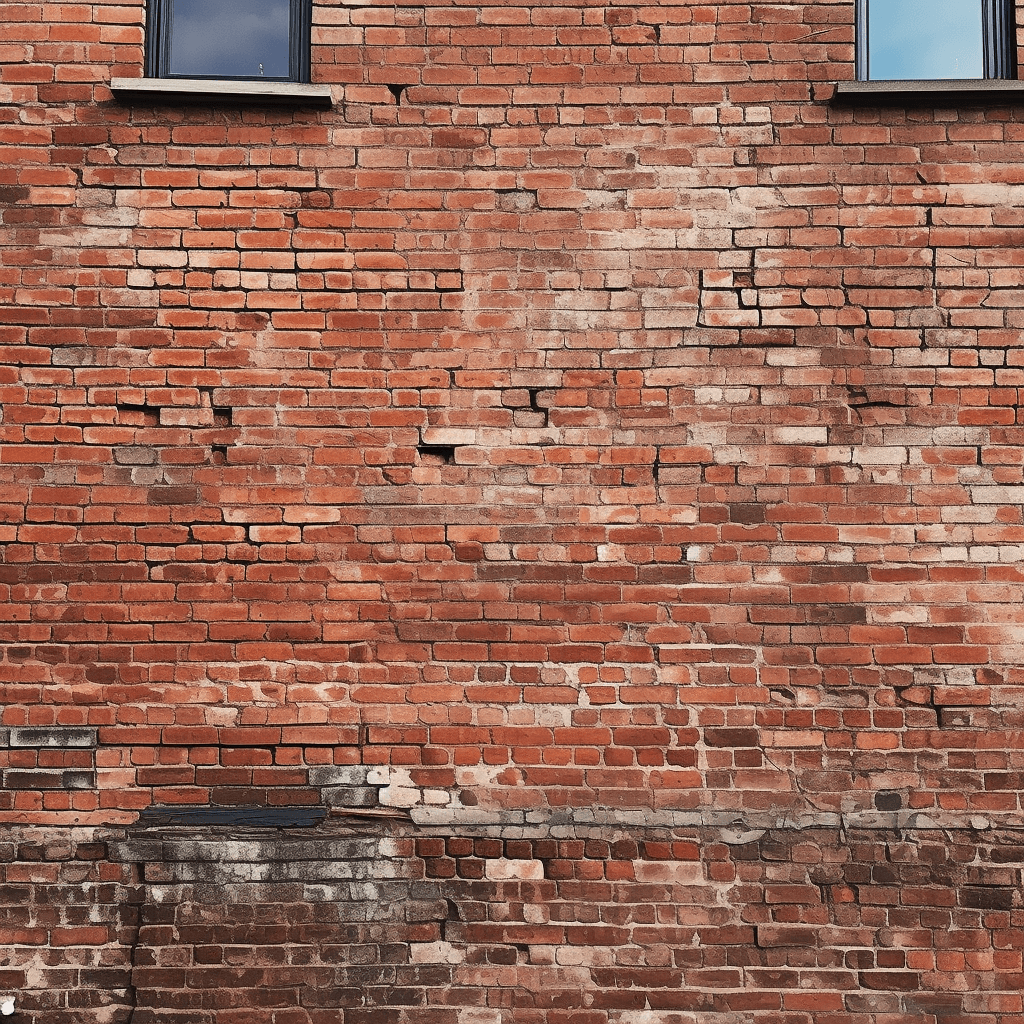
-
Why Choose Maçonnerie Montréal
Experience and Expertise
At Maçonnerie Montréal, we pride ourselves on our extensive experience and expertise in the field of masonry. Our team of skilled professionals is well-versed in all aspects of masonry work, including the repair of frost boils. With years of experience serving the Greater Montreal Area, including Montreal, Laval, Longueuil, South Shore, and North Shore, we have developed a deep understanding of the unique challenges posed by the climate in these regions and have honed our skills to provide effective and long-lasting solutions.
Benefits of Choosing Maçonnerie Montréal
Choosing Maçonnerie Montréal for your masonry repair needs offers several benefits:
- Quality Work: We are committed to providing the highest quality work, using top-of-the-line materials and employing the best practices in masonry repair and installation.
- Customer Satisfaction: Our top priority is customer satisfaction. We work closely with our clients to understand their needs and provide tailored solutions that meet their specific requirements.
- Professionalism: Our team of professionals is highly trained and experienced, ensuring that every project is completed to the highest standards of professionalism.
- Competitive Pricing: We offer competitive pricing for our services, ensuring that you receive the best value for your money.
Conclusion
Frost boils are a common and potentially serious issue affecting masonry structures in the Greater Montreal Area. Understanding the science behind frost boils, the conditions that lead to their formation, and their impact on masonry structures is crucial for maintaining the integrity and value of buildings in these regions. Regular maintenance and inspection, as well as prompt repair of frost boils, are essential for preventing structural instability, water damage, increased repair costs, and diminished property value. Maçonnerie Montréal offers professional masonry repair services in Montreal, Laval, Longueuil, South Shore, and North Shore, providing effective and long-lasting solutions for frost boils and other masonry issues.





